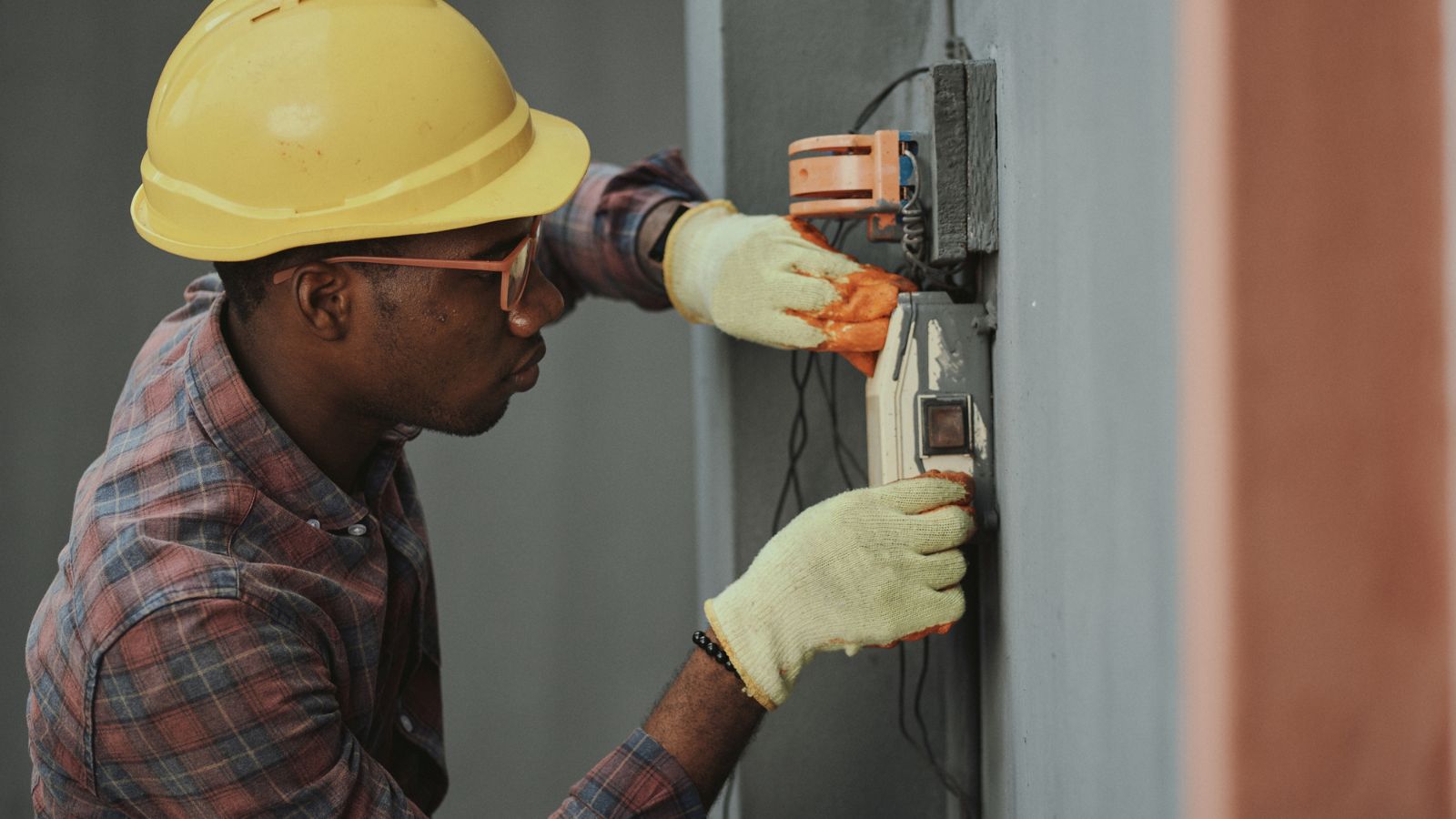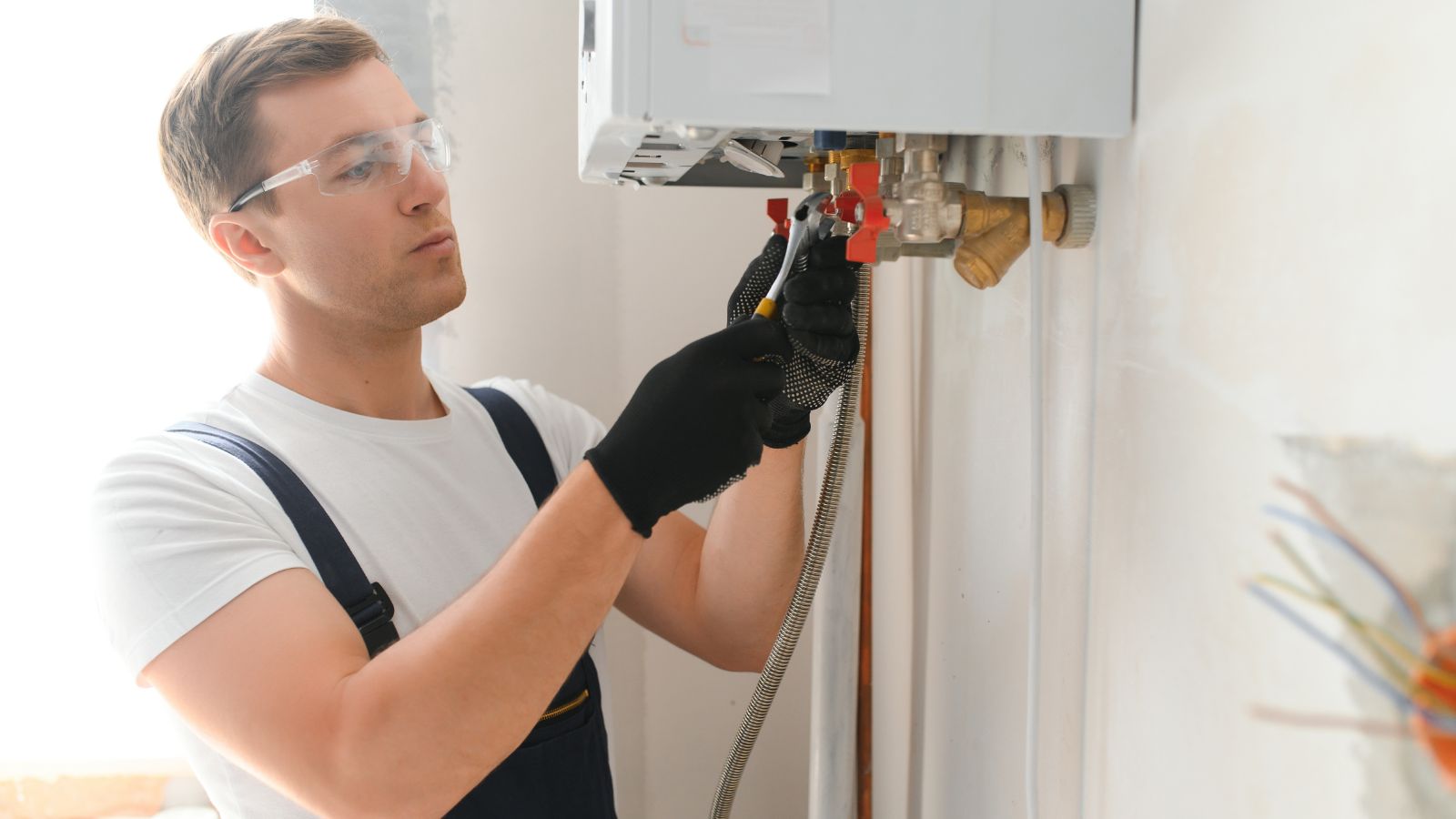Maintaining a rental property isn’t merely about collecting rent checks. It’s a meticulous process that involves regular repairs and maintenance to keep the property in tip-top shape. This article dives deep into the world of rental repairs and maintenance, shedding light on the landlord’s responsibilities and how to handle unexpected issues.
From minor fixes to major overhauls, understanding the ins and outs of property maintenance can save landlords a world of hassle. The article will also explore the tenants’ role in maintaining the property, creating a harmonious landlord-tenant relationship. Buckle up for an enlightening journey into rental repairs and maintenance, a crucial aspect of property management often overlooked.
Rental Repairs and Maintenance
Diving deeper into the realm of rental property management, understanding rental repairs and maintenance offers a broad view of the finer intricacies involved. In the context of maintaining rental properties, individual duties are bifurcated into the landlord’s responsibilities and the tenant’s responsibilities. Each plays an essential role in preserving the property’s quality and longevity, shaping mutual respect, and fostering a robust landlord-tenant relationship.
The Landlord’s Responsibilities
Primarily, landlord’s duties revolve around ensuring that the rental property is habitable and safe. Fundamental utilities, including plumbing, heating, and electrical systems, are under the landlord’s watchful eye. In contrast to common perception, the landlord’s duties extend beyond these primary responsibilities. Maintenance tasks such as controlling pests, maintaining common areas, and conducting regular property inspections fall under the landlord’s purview.
For instance, a landlord must promptly address any issues related to the property’s structural integrity. This involves maintaining roofs, walls, and foundations, ensuring they are structurally sound, and addressing potential hazards that may put the tenant’s safety at risk.
 Key Laws Governing Rental Repairs
Key Laws Governing Rental Repairs
Continuing the discourse on rental repairs, let’s delve into some integral laws that regulate these procedures. This segment further elucidates the legal implications encompassing rental repairs, outlining the key concepts of habitability requirements and repair response times.
Habitability Requirements
At the crux of rental legislation lies the principle of ‘habitability’. Specifically, the landlord must provide an abode that meets basic health and safety standards. For instance, they’re obliged to rectify potential hazards, such as broken stairs or electrical faults, promptly. In most jurisdictions, including California and New York, explicit laws necessitate that accommodations supplied to tenants comply with building codes, ensuring the structural integrity of the abode. So, infrastructural faults like leaking roofs, cracked walls, or faulty plumbing can’t be overlooked by the landlord.
Response Times for Repairs
The dictum of response times for repairs constitutes another noteworthy facet of rental repair laws. Post the tenant’s reporting of an issue, the landlord generally has a specified time limit to address it, defined by respective renewal legalities. In many states, such as Texas and Oregon, landlords must make the necessary repairs within a week from being notified, given the issue does not present an immediate danger. However, urgent safety threats demand immediate rectification, within 24-48 hours, depending on the jurisdiction.
 Common Rental Maintenance Issues
Common Rental Maintenance Issues
After understanding the importance of rental property maintenance, who is responsible for what, and the legal aspects that govern these repairs, it’s essential to discuss some recurrent issues that tenants often encounter. Addressing these promptly helps maintain the property’s quality, contribute to the safety and well-being of tenants, and cultivate a proactive landlord-tenant relationship.
Plumbing Problems
One of the most prevalent rental problems involves plumbing, where tenants frequently face issues like dripping faucets, clogged drains, and leaky pipes. Plumbing systems often degrade over time, a problem compounded by inappropriate use or neglected maintenance. For example, continually ignoring a slowly draining sink can lead to a full-blown clog. Believing that tenants encounter such matters regularly, landlords must prioritise plumbing inspections, take immediate action upon issue reporting, and educate tenants about proper plumbing usage and care, making the property habitable and comfortable.